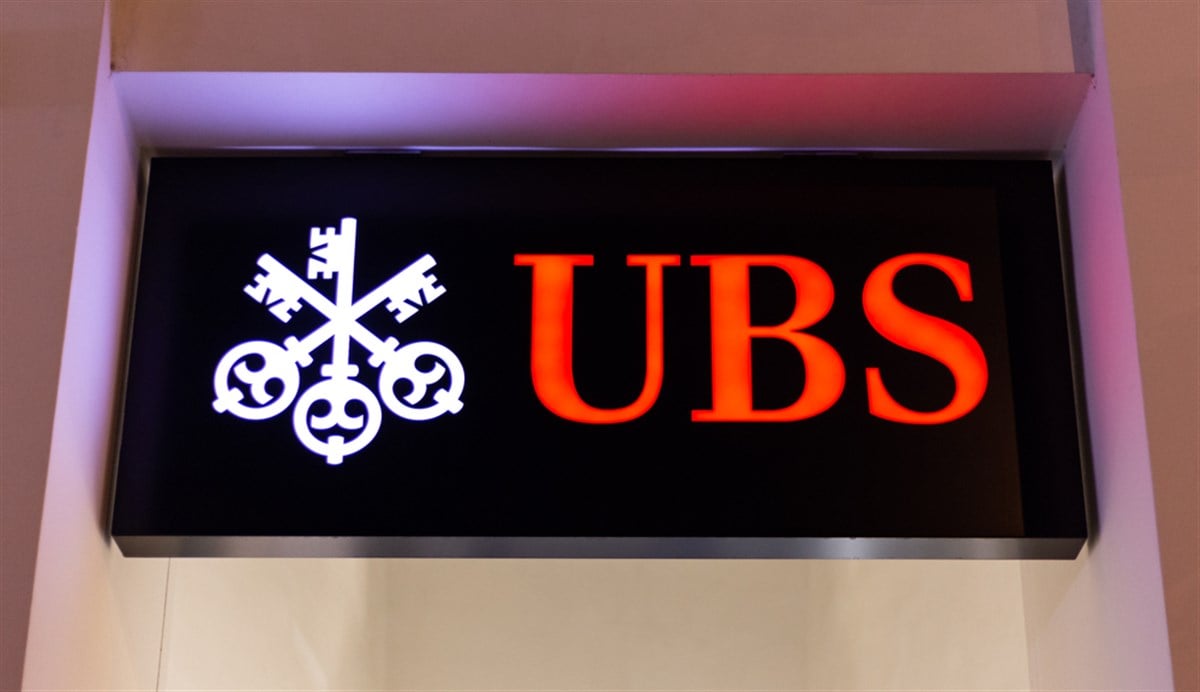
UBS Group (NYSE: UBS) is the 8th largest firm in the capital markets industry worldwide and the largest in Europe. The company has underperformed its sector this year, with a total return of 2%. The iShares MSCI Europe Financials ETF (NASDAQ: EUFN) has returned 12%.
On Wednesday, Aug. 8, UBS pleased the market with its release of Q2 2024 earnings. Shares shot up nearly 6% on the day. Over a year ago, the Swiss financial company acquired its competitor, Credit Suisse, at a dirt-cheap valuation. Credit Suisse was in the process of collapsing, and the Swiss government helped broker the deal. The integration of the two firms is going better than expected.
Let's review UBS's operations and recent earnings. We'll conclude with insights into the company's future outlook.
UBS: A Global Leader in Wealth Management
UBS operates through four main business divisions: Global Wealth Management, Personal & Corporate Banking, Asset Management, and its Investment Bank. The Wealth Management division manages money for high-net-worth and ultra-high-net-worth individuals. It has over $4 trillion in invested assets, making it one of the largest wealth management businesses in the world. The division made up 54% of total revenues in 2023.
Personal & Corporate Banking operates the leading bank in Switzerland. It serves over a third of the nation’s households and over 90% of its largest 200 companies. The segment's revenue nearly doubled from 2022 to 2023, largely due to the Credit Suisse acquisition. It accounted for 19% of total revenue in 2023.
The Investment Bank division helps clients raise capital to fund their businesses and accounts for 22% of total revenue. The Asset Management division builds investment strategies in traditional and alternative asset classes, charging fees for managing client assets. The division has over $1.6 trillion in invested assets and accounted for 7% of revenue.
Q2 Results Blow Expectations Out of the Water
UBS beat analysts’ estimates on both net profit and revenue. Net profit came in at $1.1 billion, 118% higher than expected. Revenue was $11.90 billion, beating estimates by nearly $700 million, and increased 25% from the prior year.
The wealth management and investment banking divisions were particularly impressive. They increased 15% and 38%, respectively.
Another key point from the earnings call is that UBS will sell its Credit Suisse US Mortgage Servicing Business in Q1 2025. The firm projects that the move will reduce its annual costs by $250 million. Similar divestments from unwanted Credit Suisse assets are expected to continue.
Pending Swiss Banking Regulation is Top of Mind for UBS
Although the Credit Suisse deal is starting to pay off, the firm’s performance has been mixed. It suffered two quarters of steep losses and now faces stricter regulations to prevent future financial institution failures.
The Swiss government will soon increase capital requirements, a looming issue for UBS. Reports have stated that the company’s capital requirements could increase by $15 to $25 billion.
Higher capital requirements can hurt financial firms' profits. They must hold more capital to absorb losses on loans and other investments that go bad. This helps ensure clients can still withdraw their deposits without the bank going under. However, it also means UBS cannot put that capital into potentially high-return investments.
Executives say it is premature to discuss the impacts of the regulatory changes but believe a clearer picture of the requirements will come at the end of 2024 or the beginning of 2025.
Despite these coming changes, UBS is still committed to returning capital to shareholders with $2 billion in stock buybacks over the next two years.
The Regulatory Decision Could Impact UBS’s Global Competitiveness
This decision is particularly important and risky because UBS is such a massive part of the Swiss economy. Swiss regulators could be willing to impose requirements that would make UBS uncompetitive globally to ensure its survival.
Its market cap is nearly eight times larger than its biggest publicly traded Swiss competitor, Julius Bär Gruppe (OTCMKTS: JBAXY). It is by far the biggest player in the industry and is systemically important to the Swiss economy.
UBS’s results from the Credit Suisse integration have been impressive so far, and it needs to continue this success to maintain its valuation. Its forward price-to-earnings ratio is above 83% of financial services firms globally.
Investors should track Swiss regulatory decisions and how they compare to standards in other jurisdictions. This will signal the firm's future global competitiveness.














